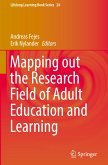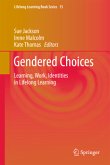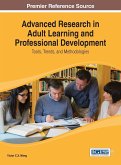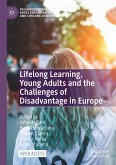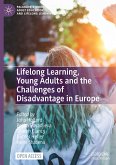This book explores the formation and development of the cross-national patterns of adult learning systems between 1989 and 2019 in four Central European countries: the Czech Republic, Slovakia, Hungary and Poland. Drawing on the approach of the political economy of adult education and historical institutionalism, the book closely examines (1) how the institutional settings in these countries have formed, evolved and contributed to overall participation in adult education and training, (2) how they have shaped patterns of participation and unequal chances to be involved in this social activity, as well as (3) perceived barriers to access organized learning and related governmental policies.
This book offers a contemporary overview of key findings regarding adult learning systems. It delves into the factors that influence participation in adult education and training. Through the utilization of the novel framework, GALS (Global Adult Learning Space), the book not only highlights a crucial distinction among adult learning systems within the region but also presents in-depth case studies of these systems in Poland, the Czech Republic, Hungary, and Slovakia spanning a 30-year period. Despite these countries sharing similar institutional backgrounds and societal challenges, the book reveals that their adult learning systems have undergone divergent trajectories over the past three decades. This book will be useful to researchers and scholars in the fields of adult education, comparative education, welfare policy, sociology of education, and European studies.
This book offers a contemporary overview of key findings regarding adult learning systems. It delves into the factors that influence participation in adult education and training. Through the utilization of the novel framework, GALS (Global Adult Learning Space), the book not only highlights a crucial distinction among adult learning systems within the region but also presents in-depth case studies of these systems in Poland, the Czech Republic, Hungary, and Slovakia spanning a 30-year period. Despite these countries sharing similar institutional backgrounds and societal challenges, the book reveals that their adult learning systems have undergone divergent trajectories over the past three decades. This book will be useful to researchers and scholars in the fields of adult education, comparative education, welfare policy, sociology of education, and European studies.


